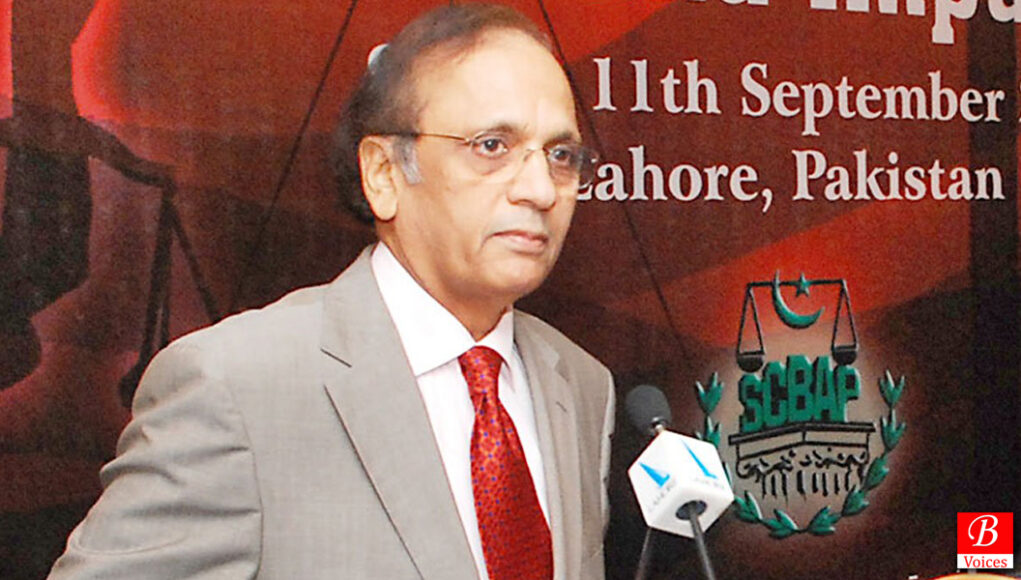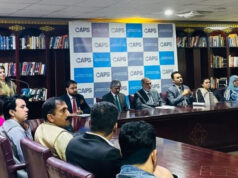Adnan Aamir
Islamabad: There has only been 22 percent implementation in total on all the directives of Justice Jillani Judgement, claimed a press release by the Center for Social Justice.
In June 2014, the landmark Justice Jillani Judgement about Minorities was issued. In the judgment, former Chief Justice Tassaduq Hussain Jillani issued seven directives to the federal and provincial governments for the protection of Religious Minorites in Pakistan.
In the last eight years, there have been 28 Follow-up hearings and 79 supplementary orders issued by the Supreme Court Bench for compliance with 7 orders.
According to the statistics shared by the Center for Social Justice, Sindh leads all the governments will 36% implementation followed by Khyber Pakhtunkhwa at 24% and Federal Government at 20%. Balochistan and Sindh governments are at the bottom of the chart with just 16% implementation.
Read Also: Justice Jillani Judgement: State of Minorities in Balochistan
“22 percent progress in eight years means that it will take more than three decades to fully implement the [Justice Jillani] Judgment,” Peter Jacob, the Executive Director of the Center for Social Justice, told Balochistan Voices in an interview.
He added that the major reasons for lack of implementation are political unwillingness, the governance overlap, and failure in Pakistan. “The government has formed a task force for the implementation of the judgment but the TORs are such that it’s bound to fail,” Jacob claimed.
Jacob further said that a permanent body, the national council, was to be set up but this has been ignored by the government.
Key directives for the government of Pakistan in the Jilani Judgement:
1. Create a federal government task force to prepare a strategy for religious tolerance
2. Develop curricula for religious/social tolerance
3. Take steps to discourage online hate speech
4. Create a national council for minorities to monitor and protect the rights of religious minorities
5. Create a special police force to protect places of worship of minorities
6. Ensure quota reservations for religious minorities in federal and provincial government services
7. Prompt action by law enforcement agencies in case of violations of rights of religious minorities
A three-member Supreme Court bench will keep a file open to ensure effective implementation of the judgment and entertain complaints about violations of minority rights.
Share your comments!








